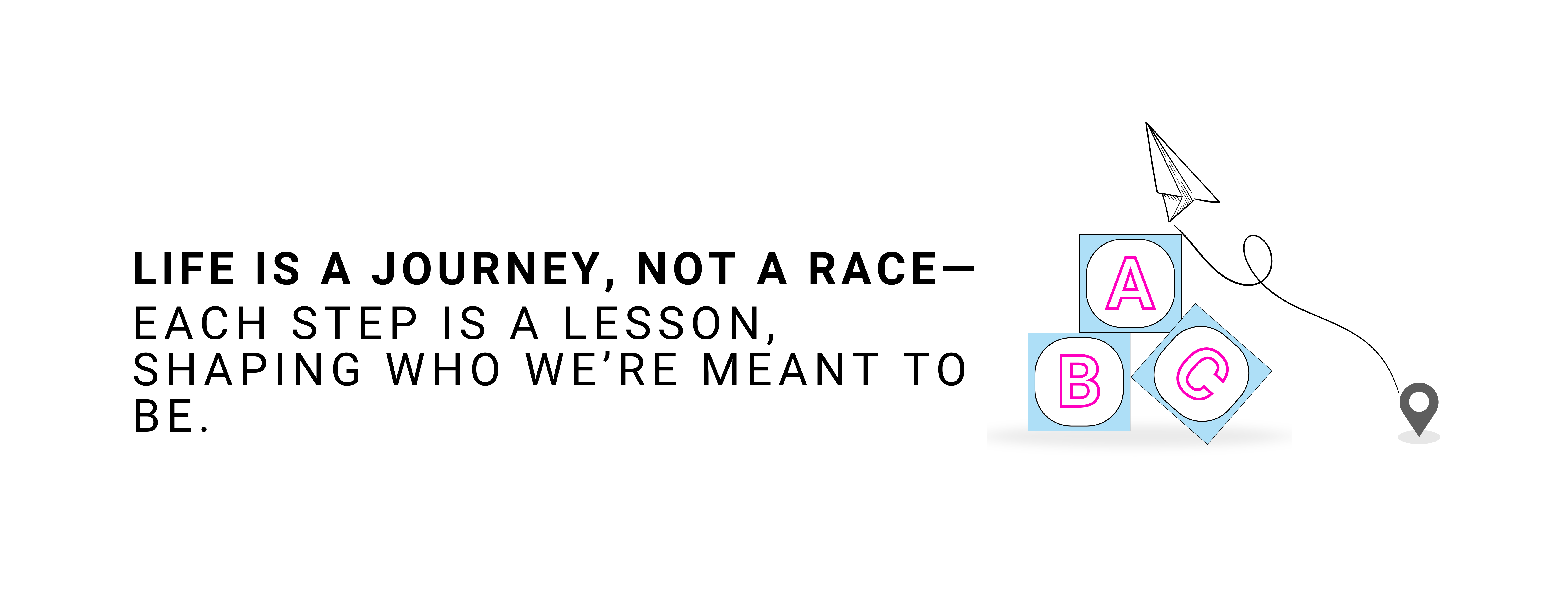Transforming Tough Times into Growth
Life is filled with ups and downs, but how we navigate those challenges often depends on our perspective. Gratitude is one of the most powerful tools to shift your mindset, even during the toughest times. By focusing on what you have, rather than what you lack, gratitude can transform your mental health and overall outlook on life. In this article, we’ll explore how gratitude works, why it’s vital for mental health, and how to cultivate it daily—even when life feels overwhelming.

1. What is Gratitude?
Gratitude is more than just saying “thank you”—it’s a mindset. It’s about recognizing and appreciating the good in your life, no matter how small. When practiced regularly, gratitude rewires the brain to focus on positive experiences and fosters resilience in the face of challenges.
2. How Gratitude Shifts Your Perspective During Tough Times
Focus on the Positives:
When you’re going through a difficult period, it’s natural to dwell on what’s wrong. Gratitude helps redirect your focus to what’s going right, providing a sense of hope and balance.
Reframing Challenges as Growth Opportunities:
Gratitude doesn’t ignore hardships; it allows you to see the lessons within them. A setback can become a stepping stone, and a loss can lead to appreciation for what remains.
Example:
Imagine losing a job. While the situation is undeniably stressful, practicing gratitude might help you focus on the skills you’ve gained, the support of loved ones, or the chance to explore a new path. This shift in perspective can turn fear into empowerment.
3. The Mental Health Benefits of Gratitude
- Reduces Stress and Anxiety: Focusing on what you’re grateful for interrupts negative thought patterns and cultivates peace.
- Improves Mood: Regular gratitude practice increases serotonin and dopamine levels, the brain’s “feel-good” chemicals.
- Strengthens Resilience: Gratitude fosters a sense of control by highlighting what you can appreciate, even when life feels chaotic.
4. How to Cultivate Gratitude Daily
Start a Gratitude Journal:
Write down three things you’re grateful for each day. These can be simple, like a warm cup of coffee or the smile of a stranger.
Practice Gratitude in Tough Times:
When facing challenges, ask yourself: What can I learn from this? or What am I still thankful for?
Express Gratitude to Others:
Letting people know you appreciate them strengthens relationships and creates a ripple effect of positivity.
Example:
If you’re overwhelmed by a tough day, take five minutes before bed to reflect on small victories or acts of kindness. This simple exercise can help shift your perspective and prepare you for a better tomorrow.
5. Gratitude as a Lifelong Practice
Gratitude is not a quick fix; it’s a mindset you build over time. The more you practice, the easier it becomes to find the silver linings, even in the darkest moments. By incorporating gratitude into your daily life, you can transform challenges into opportunities for growth and create a foundation for lasting mental health and well-being.
Conclusion:
Gratitude has the power to transform your perspective, especially during tough times. It’s a reminder that even when life feels overwhelming, there’s always something to appreciate. By focusing on the positives, reframing challenges, and practicing gratitude daily, you can shift your mindset, improve your mental health, and embrace a more fulfilling life. Start small, stay consistent, and watch how gratitude changes your outlook.

I am gratful for you.




